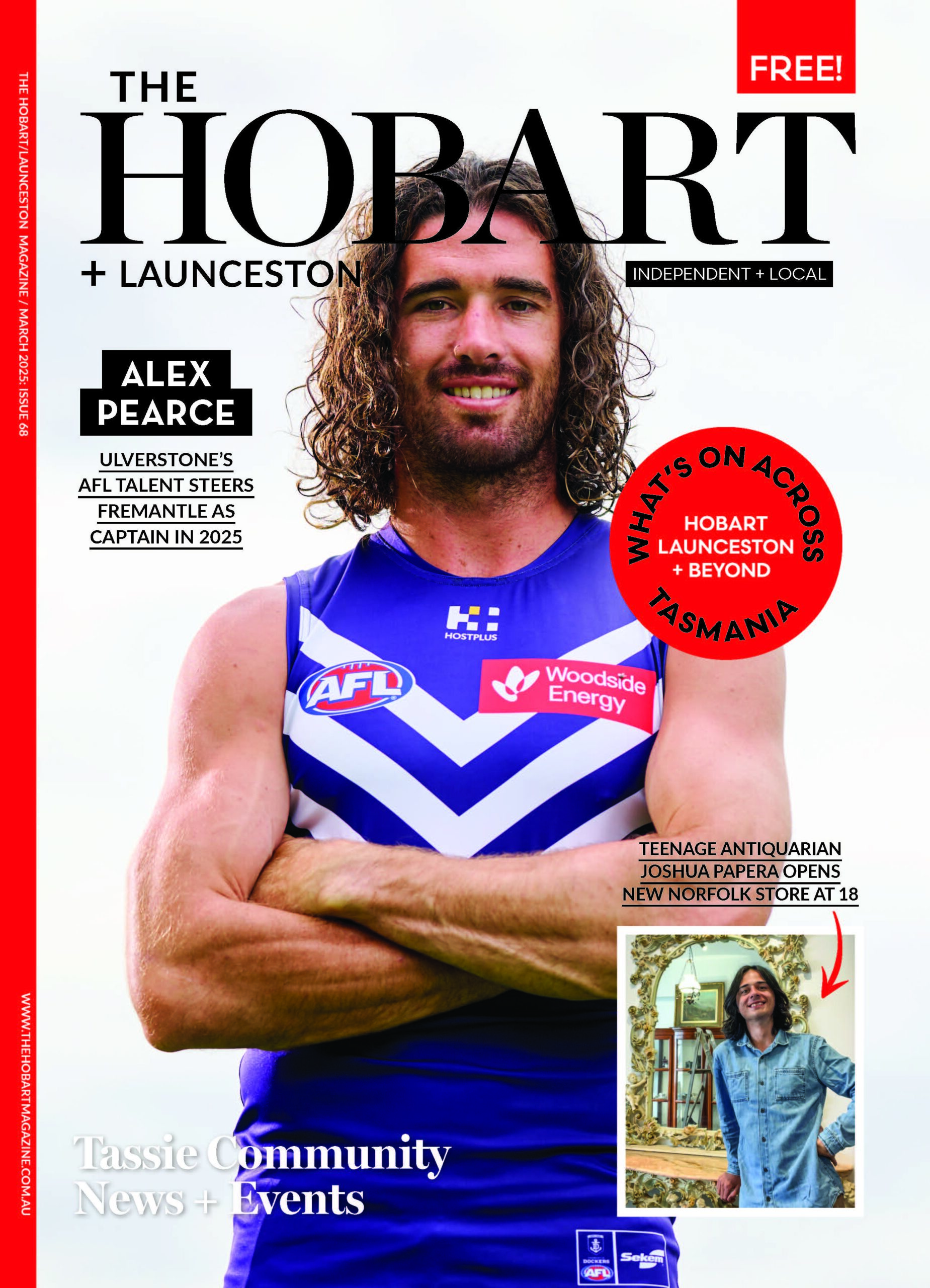The Yin and the Yang
by Annia Baron

Can an optimist and a pessimist live in harmony? It’s a typical day on the therapeutic couch and my client Jake begins.
“Annia,” he says. “I’ve been together with my partner for a while. He’s amazing; caring, diligent, and we’ve always had good chemistry. We’re total opposites but seem to balance each other out. I’m the Yin to his Yang. Lately though, I’m finding myself increasingly frustrated. I’m an eternal optimist – always have been. Henry’s default, on the other hand, is pessimism. If we’re running 10 minutes late, he frets we’ll ‘miss the whole thing’. If his friend doesn’t respond, suddenly they’re ignoring him. If the forecast is mild and sunny and it starts drizzling, then the whole weekend is ruined. Usually, I’d be able to laugh it off and reassure him for example, ‘Don’t worry baby, it’ll work itself out.’ But lately, that feels like a chore. I feel it’s always me having to lift him up. Maybe we’re too opposite. I wish he were more positive. I also wish he’d close the cap after he uses the toothpaste and stop leaving unfinished cups of tea around the house! But that’s for another session,” he remarks playfully.
They say opposites attract. But what happens when the once interesting idiosyncrasies we were attracted to in our partner or friends, become a point of contention? What do we do when we realise that on a deeper level, our personality or outlook on life is vastly different from that of those closest to us? How do we ensure these differences don’t end up pulling us apart?
Here’s the deal: the reason you’re getting annoyed is because of how you respond to others (be it partner or friend) is a direct reflection of where you are at. Their ‘opposite’ (attitude, belief, or action) triggers you because subconsciously, it mirrors back to you something you haven’t yet reconciled within yourself, something you fear, or something you’re avoiding.
To move through these challenges, consider asking yourself the following: Why is this issue bothering me now? What’s changed? Am I taking things personally because other areas of my life aren’t where I want them to be? For example, have you been neglecting your self-care, personal development, or other responsibilities? Why do I need others to be more like me? Am I seeking validation, security or attention?
And in doing so, remind yourself: These ‘opposites’ that you’re frustrated with now, were part of the reason you were brought together in the first place. Stop trying to mould others into who you wish they’d be and instead celebrate them for who they are. Aim not to project your own issues onto others and rather, learn coping mechanisms that help you regulate and maintain your own equilibrium.
Will it be quick and easy? Not necessarily. Will it be worth it? Abso-freakin-lutely. Getting real with yourself elevates the quality of all your relationships.
So, no matter how opposite or similar, appreciate the diversity that adds spice to our connective experiences. Continue your inner work and honour the magnetic forces that bring and keep us together.
But what about the hormones?
When it comes to the neuroscience of lust, love, and companionship, well known hormones and neurotransmitters, such as dopamine, serotonin, and oxytocin play an integral role. But in the last decade, we’ve learnt that a lesser-known hormone, vasopressin, is also essential in partner preference, copulation, and the formation of long-lasting relationships. As it’s an antidiuretic – working alongside the role of the kidneys to maintain fluid levels – it can be said that vasopressin directs our ‘thirst’ for love.
If you’d like more information or curious about mindset coaching, visit www.remindyourself.com or contact Annia Baron, Clinical Psychologist and Mindset Coach on 0402 448 278.

